
Man has stroke after bathing right after meal: 3 mistakes you shouldn’t make
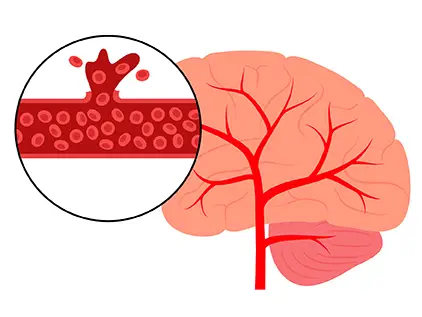
A stroke occurs when blood flow to a part of the brain is suddenly interrupted, depriving brain cells of oxygen and nutrients. When this happens, brain cells begin to die within minutes, leading to permanent brain damage, disability, or even death. The severity and type of effects after a stroke depend on which part of the brain is affected and how much of it is damaged, according to the Stroke Association.
As we age, our arteries naturally become stiffer and narrower, making them more prone to blockage. However, this process can be accelerated by certain medical conditions and lifestyle choices, significantly increasing the risk of stroke even in younger individuals.
What Increases the Risk of Stroke?
According to the Stroke Association, the major risk factors for stroke include:
-
High blood pressure
-
Diabetes
-
Atrial fibrillation
-
High cholesterol
-
Age
-
Unhealthy lifestyle habits
-
Family history
-
Ethnicity
-
Smoking and alcohol consumption
One of the biggest misconceptions about stroke is that it only affects the elderly. In reality, strokes are increasingly affecting younger adults, often due to lifestyle-related factors, stress, and undiagnosed medical conditions.
Recognizing a Stroke: Think FAST
Early detection is critical. The FAST test is an easy way to remember the key signs of stroke:
-
Face: Is one side of the face drooping?
-
Arms: Can the person raise both arms, or is one weak?
-
Speech: Is their speech slurred or strange?
-
Time: If you notice any of these signs, call emergency services immediately.
Surprising Everyday Habits That Could Increase Your Stroke Risk
Certain daily habits, even ones that seem harmless or routine, may silently increase your chances of having a stroke over time. Understanding these risks is a key step in prevention.
1. Taking a Bath Immediately After Eating
While taking a bath is usually relaxing, doing so right after a meal may not be wise. There was a case reported where a man suffered a stroke shortly after bathing post-meal, prompting doctors to warn against the practice.
Why it’s risky:
After eating, the body directs a significant portion of blood flow toward the stomach to aid digestion. If you take a hot bath right away, the blood shifts to the skin to regulate body temperature. This diverts circulation away from the digestive tract, creating a sudden imbalance that can lead to dizziness, nausea, low blood pressure, or in rare cases, stroke or cardiac events, especially in individuals with pre-existing health conditions.
What to do instead:
Wait 30 to 60 minutes after eating before bathing to allow digestion to begin smoothly.
2. Exercising Too Soon After Eating
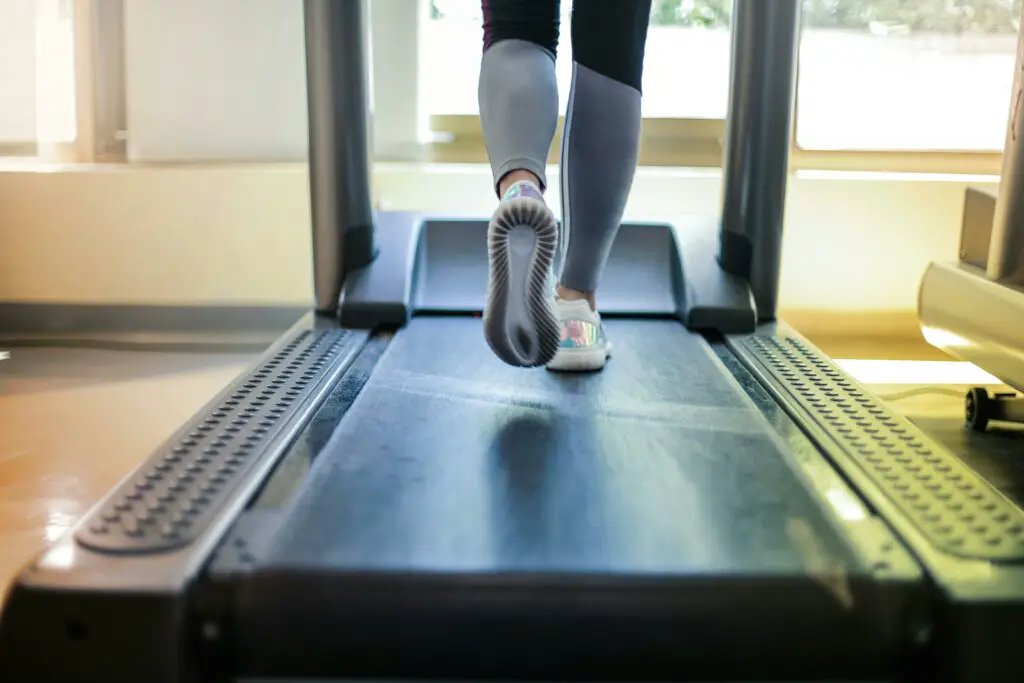
Many believe that working out immediately after a meal can speed up digestion or help burn calories. However, intense physical activity right after eating may do more harm than good.
The danger:
Your body is already working to digest food, which requires increased blood flow to the stomach and intestines. If you exercise intensely during this time, your muscles and digestive system compete for blood supply. This can lead to cramping, indigestion, and in some cases, disrupted circulation that puts stress on the heart and brain, particularly for people with cardiovascular conditions.
What’s recommended:
Give your body time to digest. Wait at least 1 to 2 hours after a heavy meal before engaging in any strenuous or high-intensity physical activity. Light activities like walking are fine, and can even aid digestion.
3. Drinking Excessive Water Right After a Meal
Hydration is crucial to overall health, but overloading on water immediately after eating might not be as harmless as it seems.
Here’s why:
Drinking too much water right after meals can dilute the stomach acid that’s essential for breaking down food. This can result in slower digestion, bloating, and gas. Poor digestion over time can cause nutrient deficiencies, which may indirectly affect vascular health and increase inflammation in the body.
Moreover, sudden changes in fluid balance in certain individuals—particularly those with heart or kidney issues—can contribute to blood pressure fluctuations, potentially putting additional stress on the cardiovascular system.
Better habits:
-
Sip water 30 minutes before a meal to hydrate your digestive tract.
-
Drink water in moderation during or after meals rather than large amounts at once.
Additional Tips for Reducing Stroke Risk
Small lifestyle adjustments can make a big difference in reducing your stroke risk. Here are some practical ways to protect your brain and blood vessels:
-
🥦 Eat a balanced, heart-healthy diet rich in fruits, vegetables, whole grains, and healthy fats
-
🚭 Avoid smoking and limit alcohol intake
-
🧘 Manage stress through relaxation techniques, mindfulness, or therapy
-
🩺 Regularly monitor blood pressure, cholesterol, and blood sugar levels
-
🚶 Exercise regularly—aim for at least 30 minutes of moderate activity most days
-
😴 Get quality sleep—poor sleep and sleep apnea are linked to higher stroke risk
Final Thoughts
Stroke is a serious condition that can strike suddenly and leave lasting impacts, but many of the risk factors are within your control. By becoming more aware of your daily habits, such as when you bathe, how you exercise, and even how much water you drink after meals, you can take proactive steps toward reducing your risk.
Remember, prevention starts with awareness. Making smarter choices today could protect your brain and your life tomorrow.
News in the same category

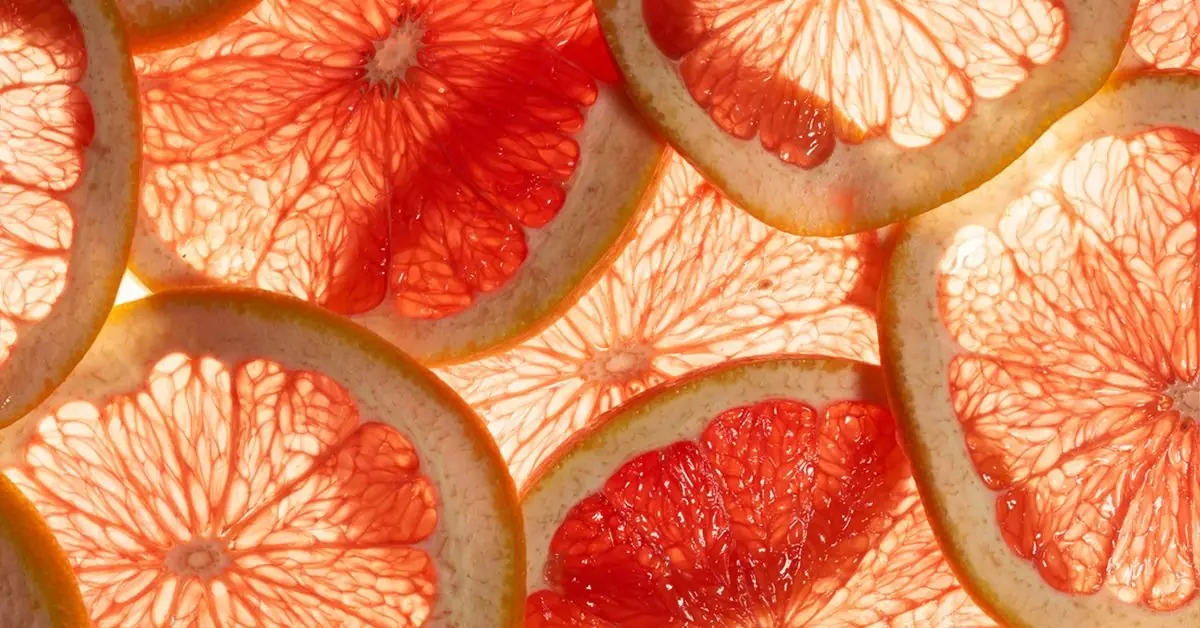
Top 15 Natural Collagen-Boosting Foods That Rebuild Skin, Joints, and Bones Fast
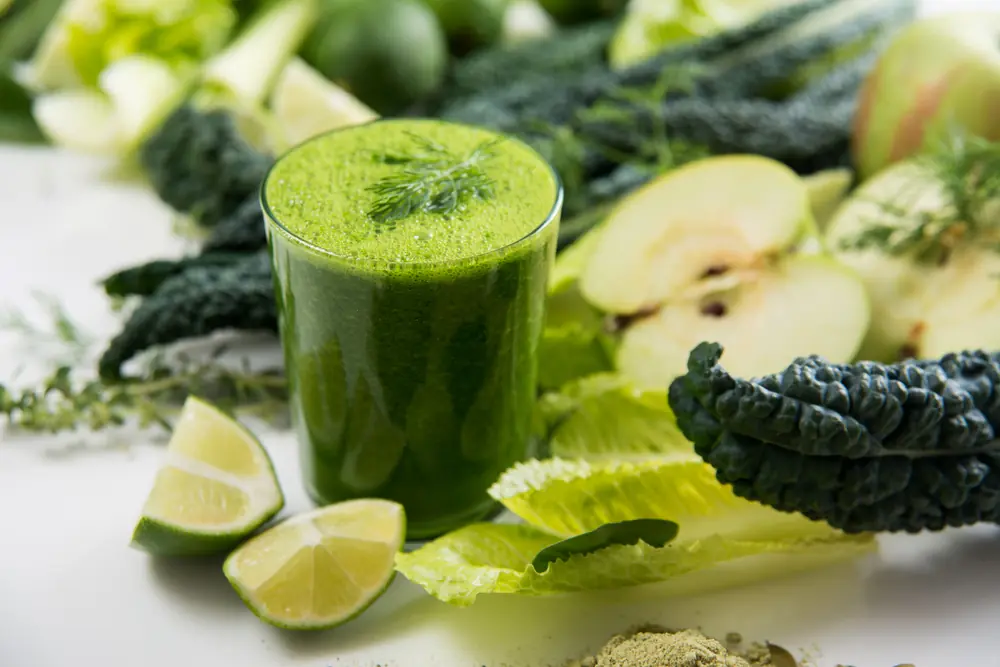
Cleanse Your Kidneys of Toxins With 2 Effective 1-Ingredient Drinks
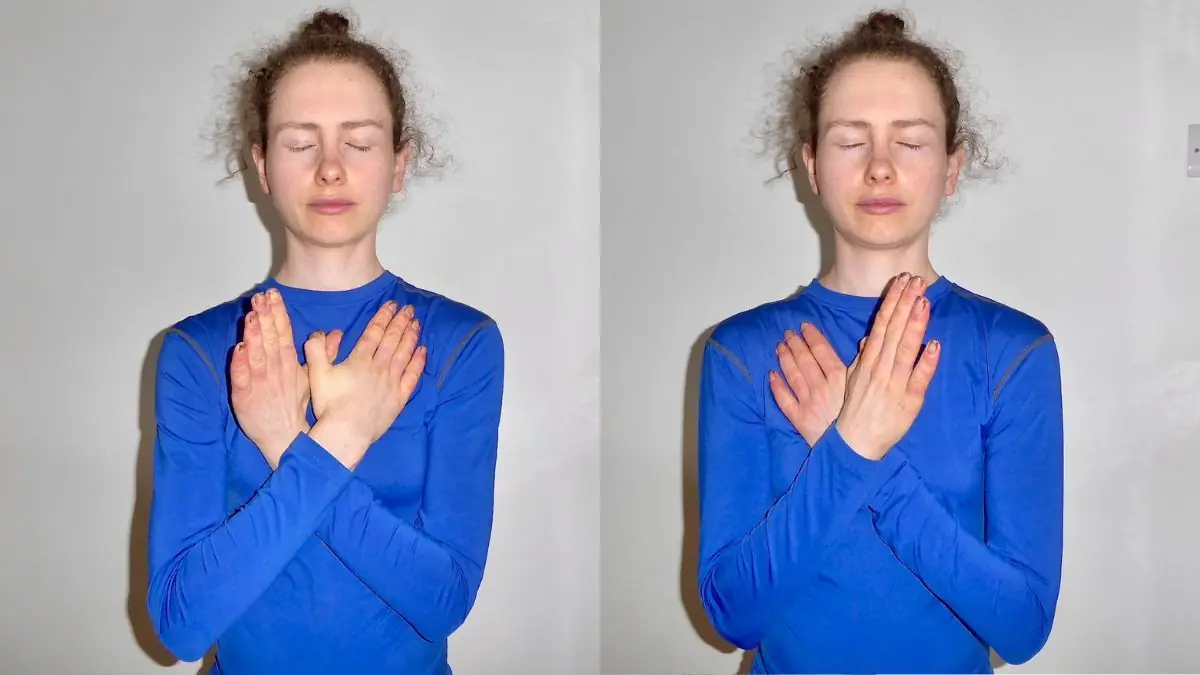
The 60-Second Trick to Reset Your Nervous System (A Himalayan Salt Bio-Hack)
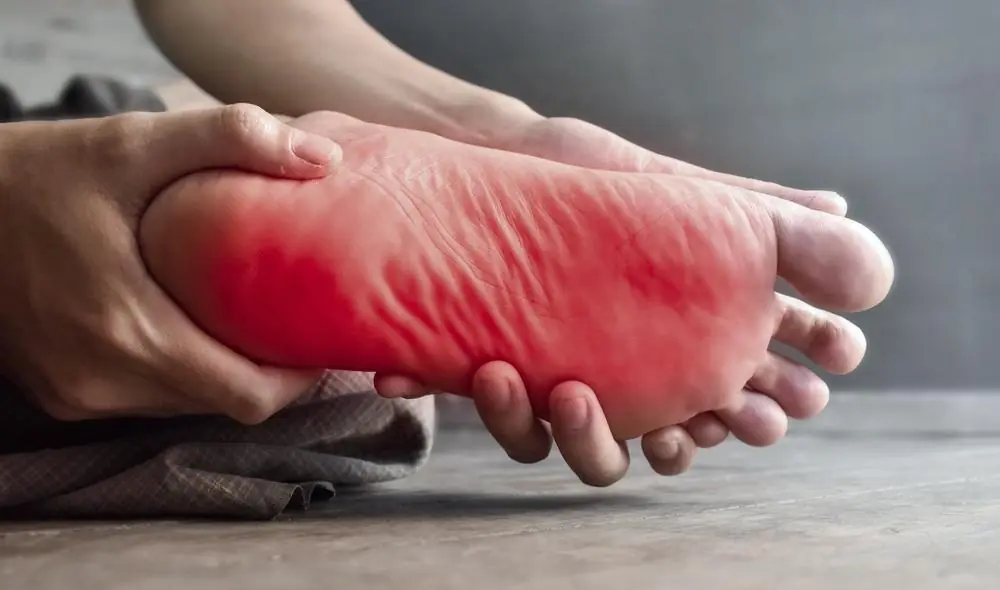
Top 6 Natural Remedies to Fight Neuropathic Pain (Peripheral Neuropathy Home Remedies)
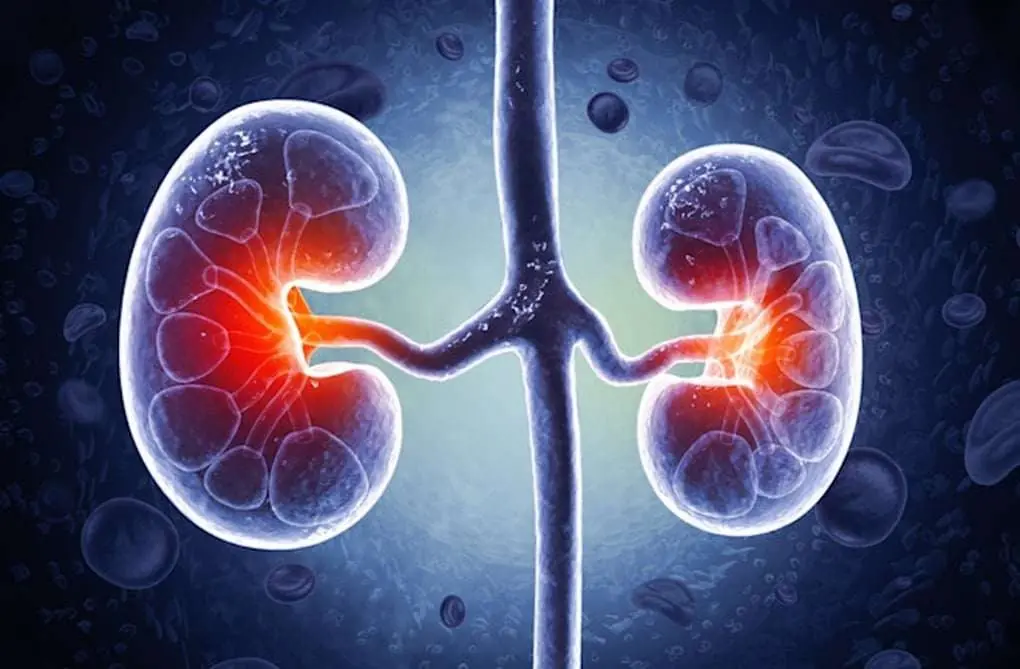
Revitalize Your Kidneys with This Ancient Amazonian Infusion
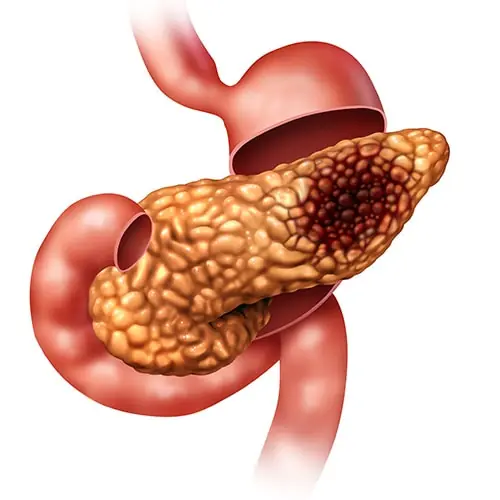
5 Early Warning Signs of Pancreatic Cancer, According to Survivors

Drink Water On An Empty Stomach Immediately After Waking Up – 8 Powerful Benefits
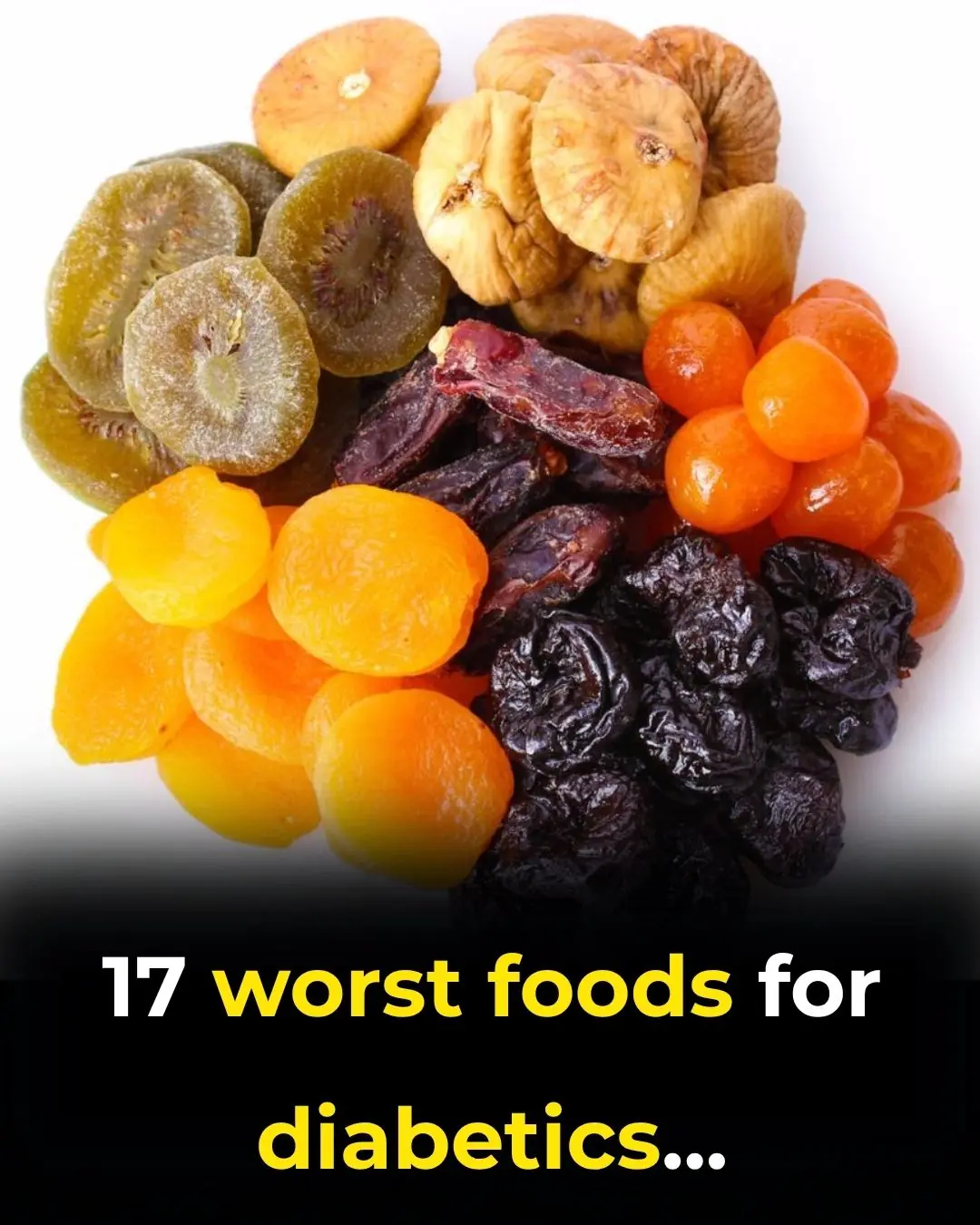
17 Worst Foods for Diabetics

4 foods to eat on an empty stomach in the morning to cleanse the gut, boost digestion, and lower cancer risk
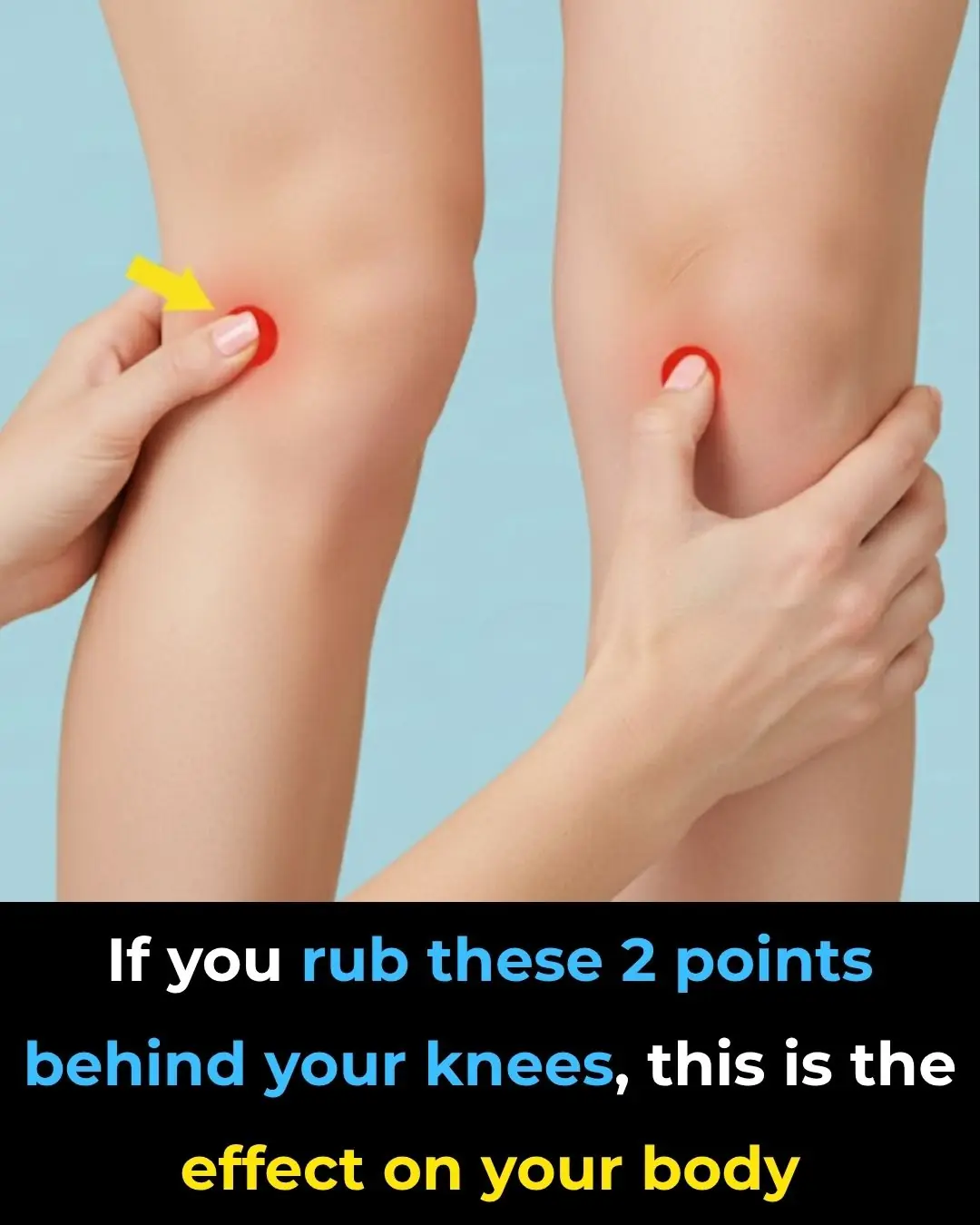
Discover the Healing Power of Acupressure
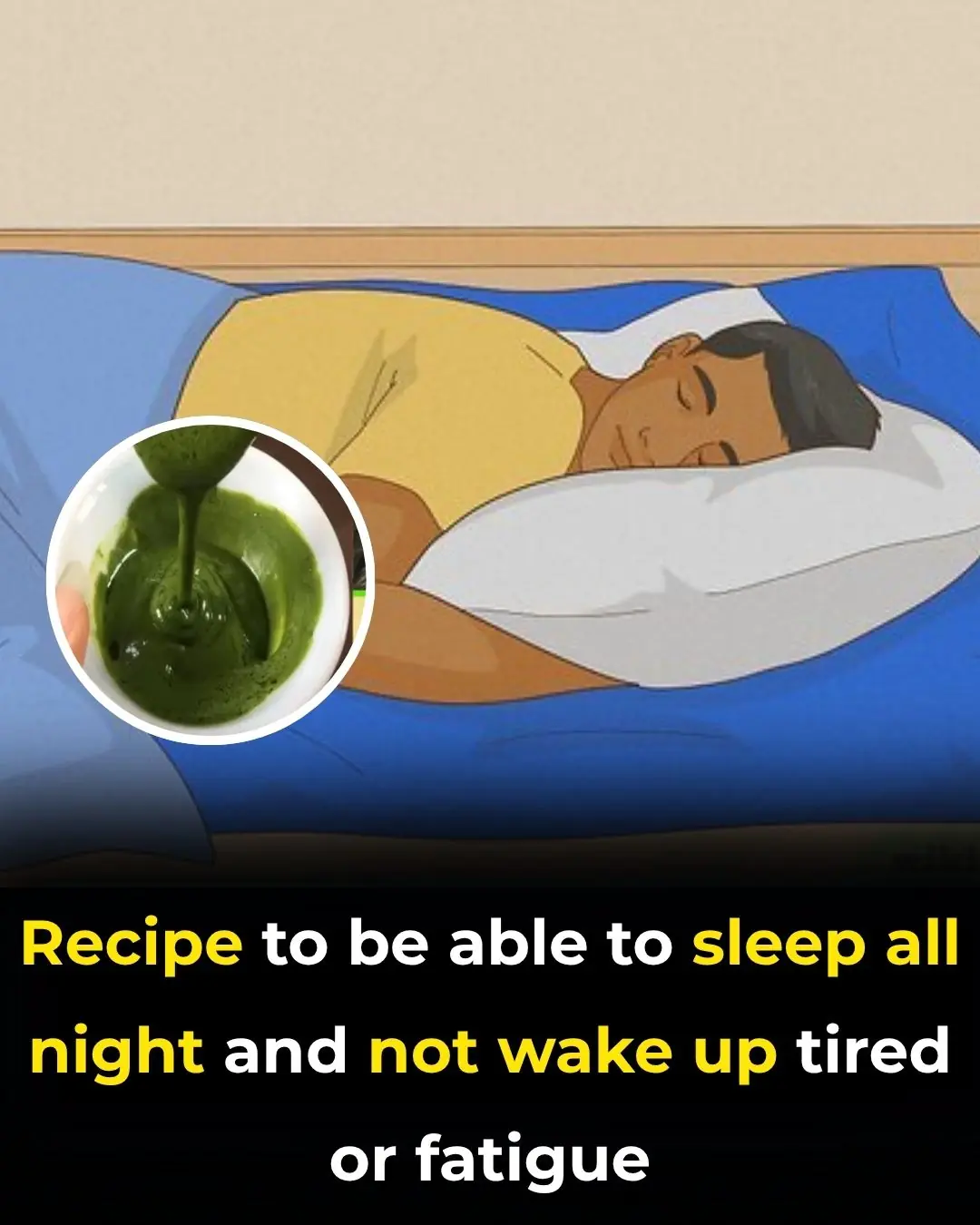
Remedy For Falling Asleep Quickly
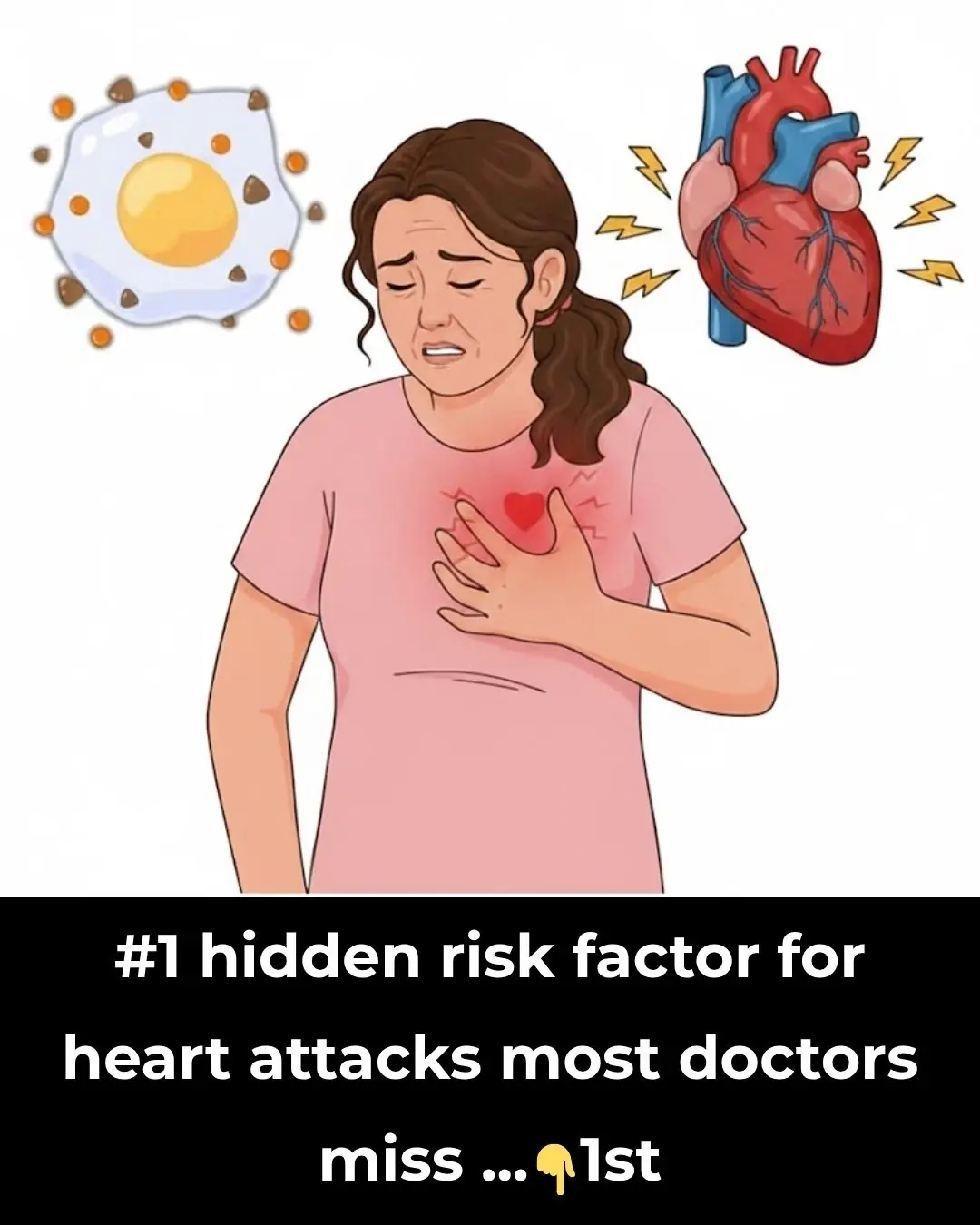
#1 hidden risk factor for heart attacks most doctors miss
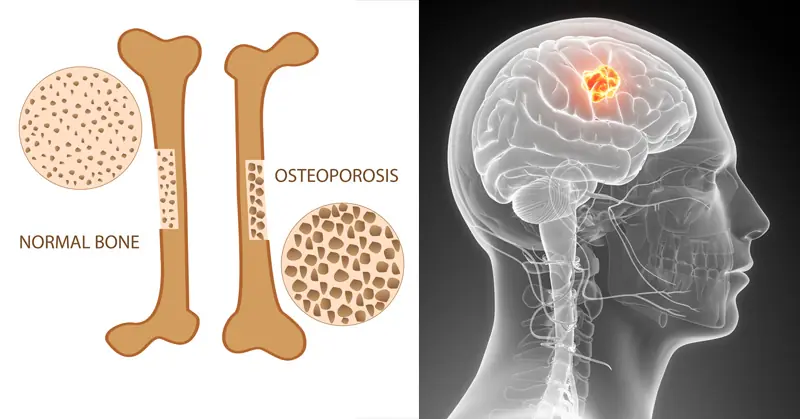
This Drink Destroys Your Bones From the Inside and Harms Every Organ on Its Way Out
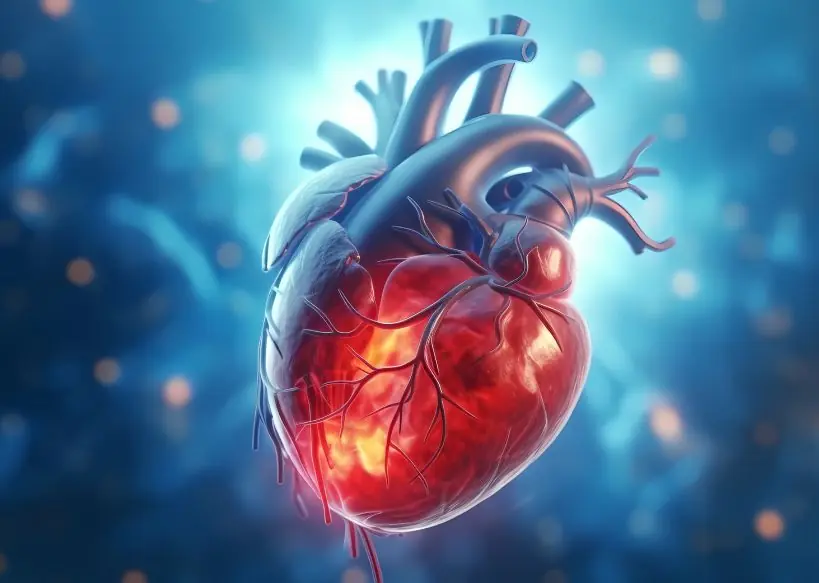
Stop Ignoring These 8 Subtle Signs of Heart Trouble Before It’s Too Late
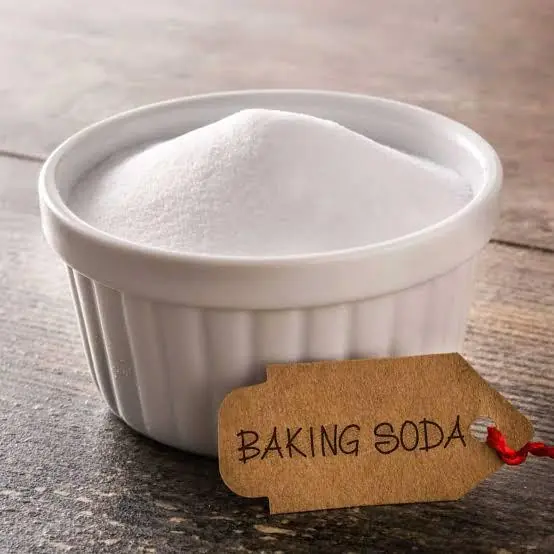
1 Teaspoon of Baking Soda Can Do This to Your Body!

Still Waking Up Tired? This Simple 3g Bedtime Mix Beats Melatonin for Deep Sleep
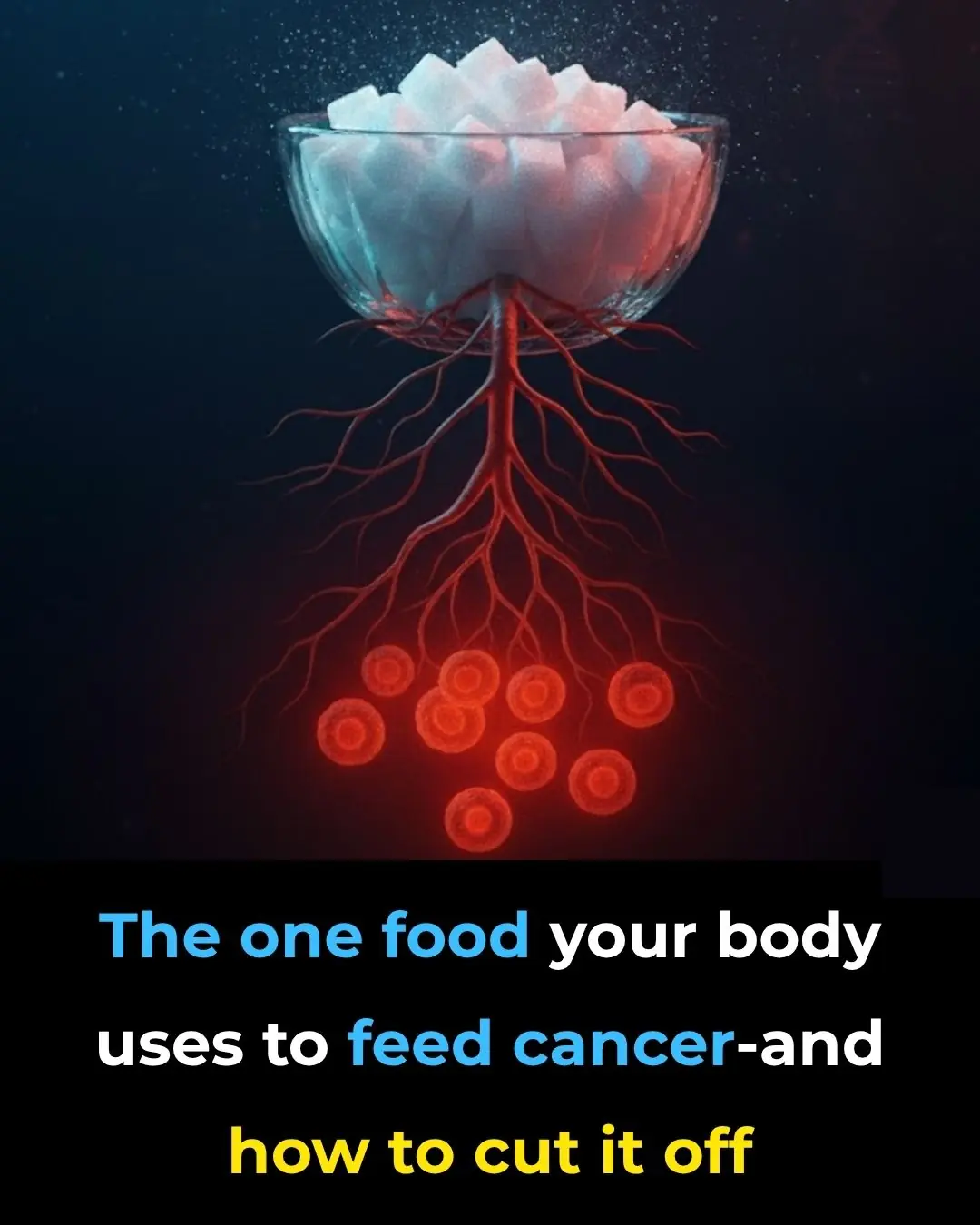
Here’s How to Starve Cancer to Death By Removing One Thing From Your Diet

This Super Tea Kills Parasites And Cleanses The Body of Toxins
News Post

Rafael Nadal’s Greatest Match: Fighting for Forgotten Dogs

The Officer, the Boy, and the Box of Pokémon Cards.

Grandma’s “Stray Cat” Turns Out to Be a Cougar.

The Walmart Employee Who Became a Hero to a Struggling Mom

Two Wounds, One Journey: The Woman and Dog Who Taught Each Other Grace
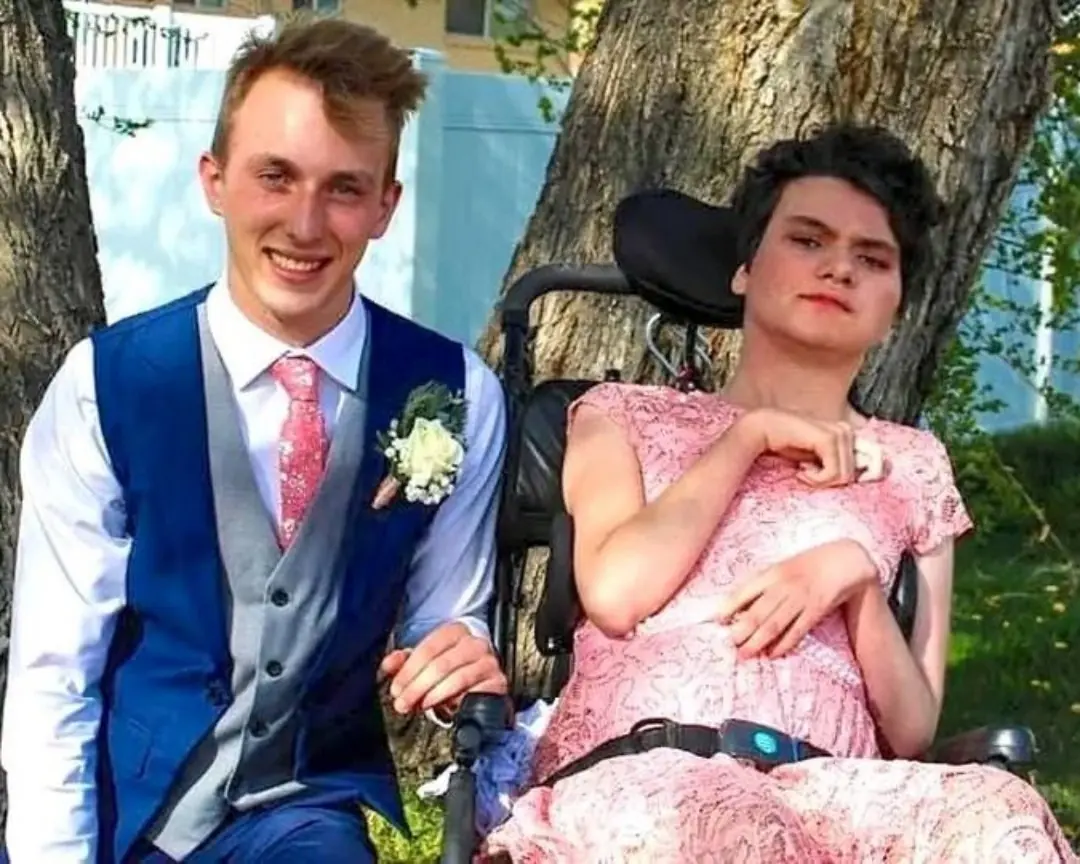
A Prom Filled With Love: Young Man’s Selfless Gesture Becomes Unforgettable
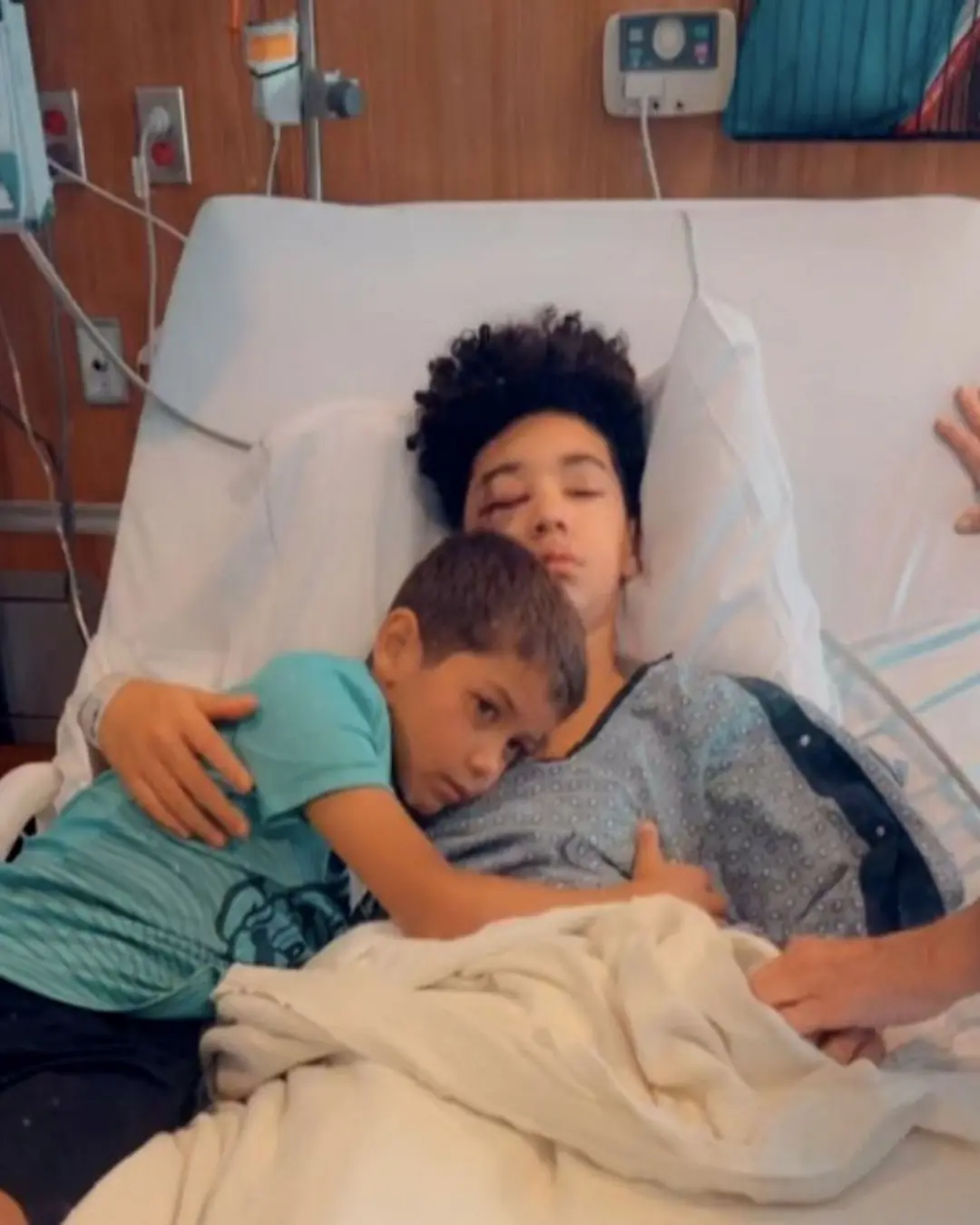
A Brother’s Sacrifice: How MJ Became a Hero in a Split Second

K-9 Apollo: A Hero’s Fight for Life and the Community That Saved Him

“One Last Climb: A Man, His Dog, and a Wheelbarrow Full of Love”

The Stranger Who Stopped: How One Man’s Kindness Saved a Puppy’s Life
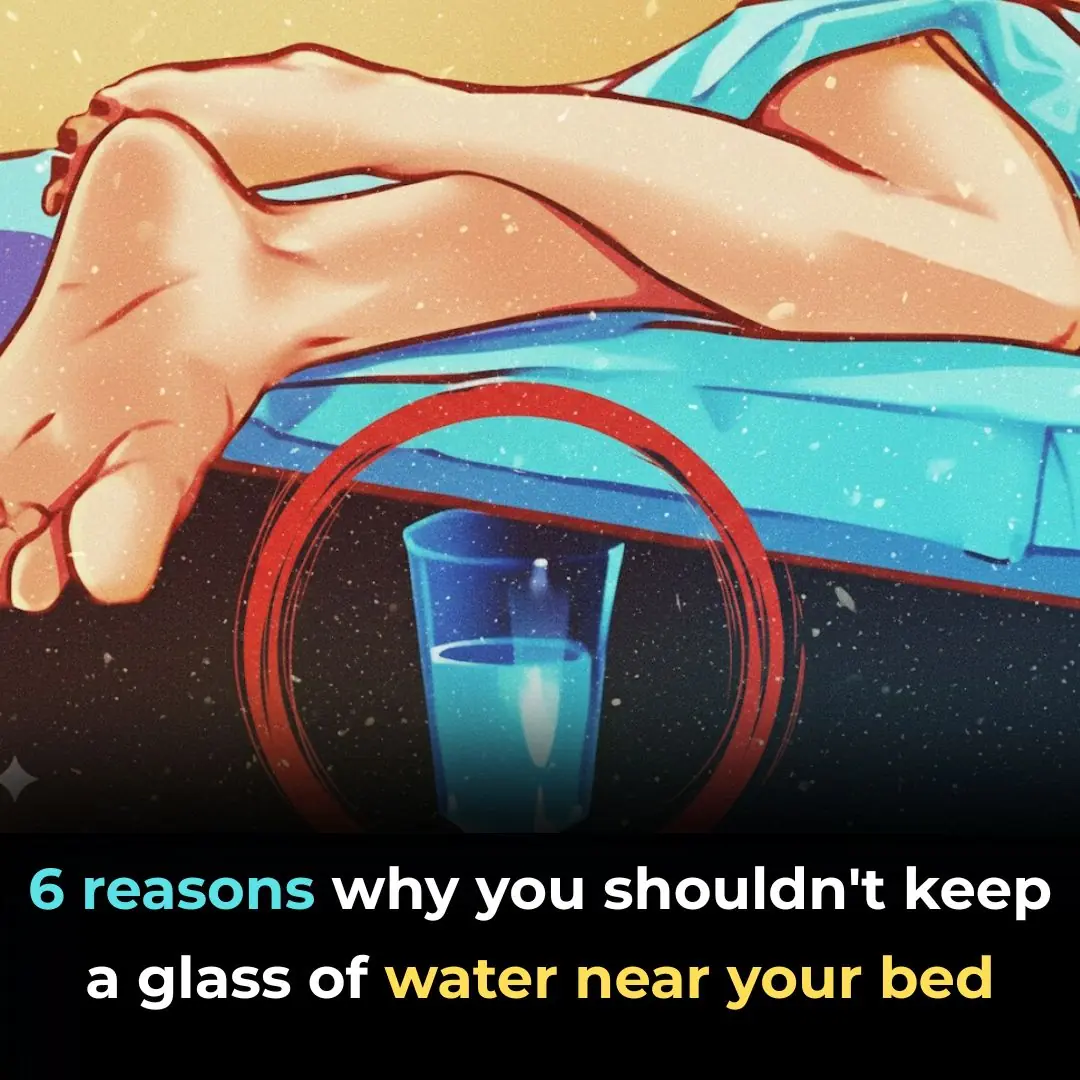
Why You Should Avoid Leaving a Glass of Water Near Your Bed

Reason Why You Should Always Shower At Night

Place a plate of salted lemon at the head of the bed: Get 5 great benefits and secrets that unfortunately few people know

Add this to the water. Even when you don’t clean the floor in a week

💖 My Nana Knew What She Was Doing — Time-Honored Skincare Wisdom (And What Really Works Today)

Know this trick to distinguish real honey from fake honey, don't be afraid of being tricked into buying poor quality products

Add a few slices of fresh lemon to the pot of boiled eggs: Get great benefits, many people do not know

Extraordinary Visual Skills If You Can Spot The Cat
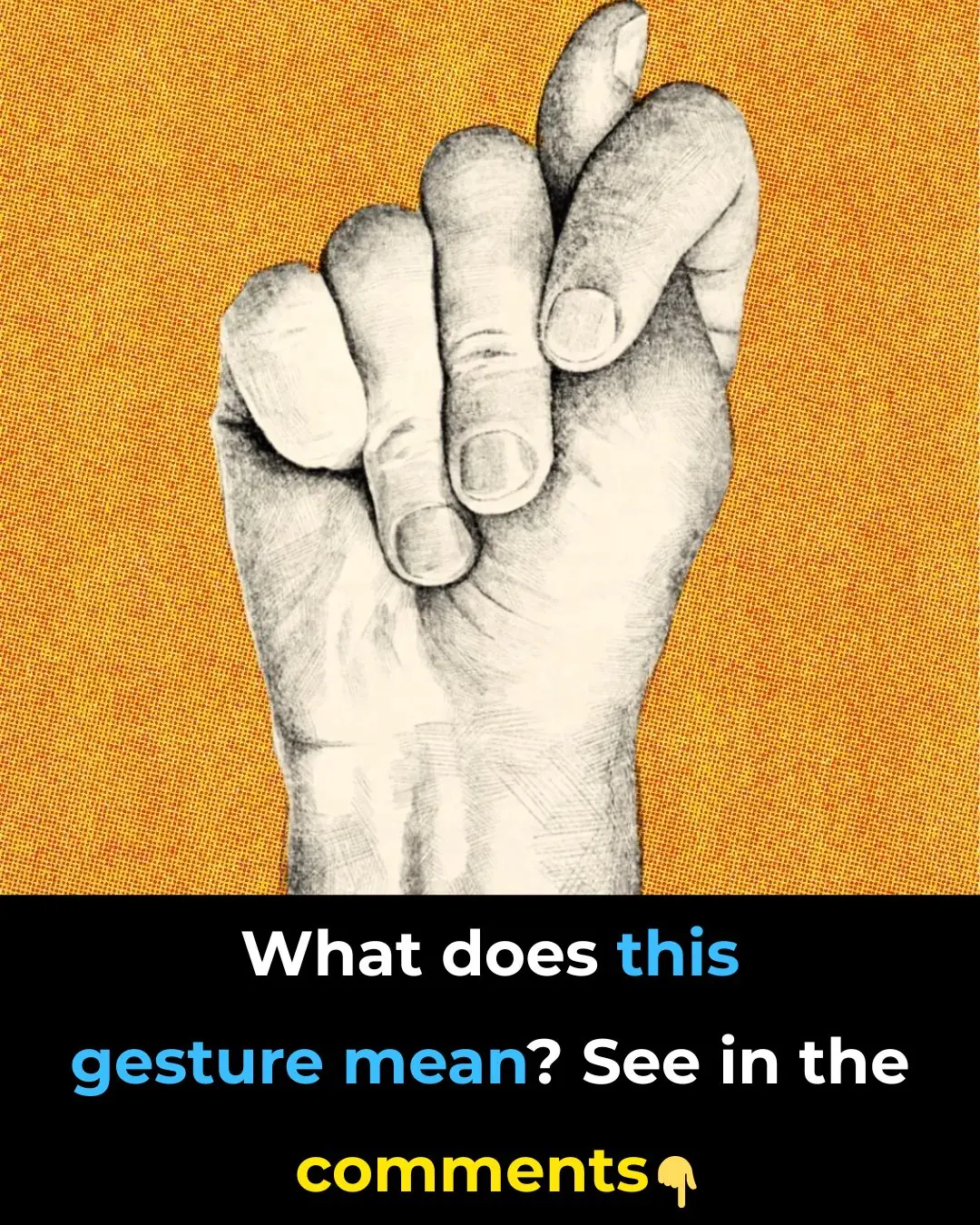
What does this gesture signify?
